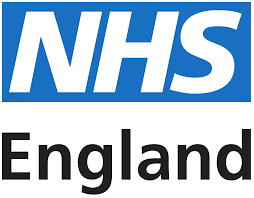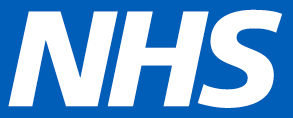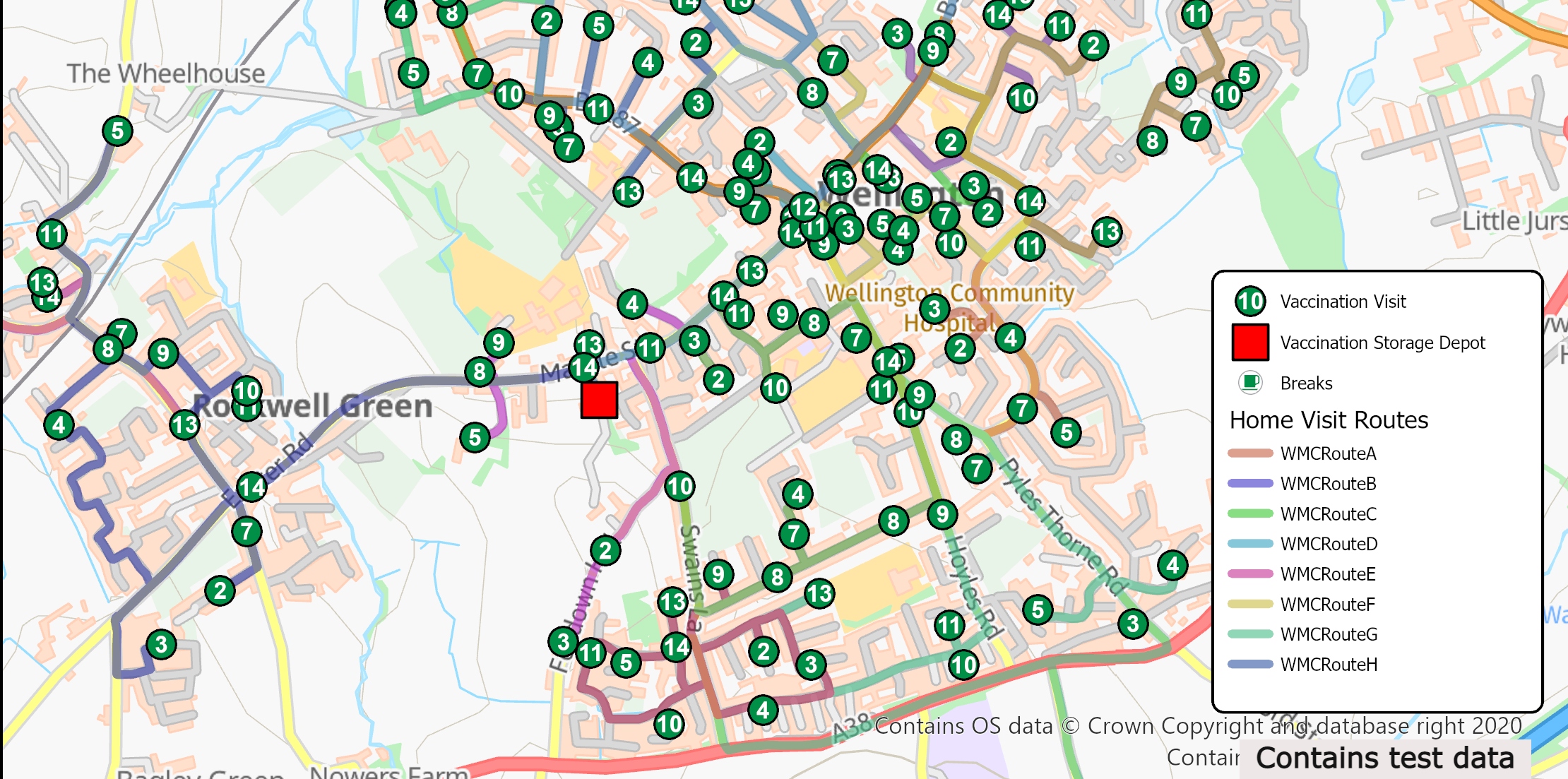
We supported NHS England’s (NHSE) Primary Care Group to upskill their staff so that, rather than health inequalities being the responsibility of few specialists, all staff were empowered to consider health inequalities in their day-to-day work.
Objective
COVID-19 increased awareness of the negative impact of health inequalities. NHS England’s Primary Care Group wanted to upskill staff so that, rather than health inequalities and Core20Plus5 being the responsibility of specialists, all staff were empowered to consider health inequalities in their day-to-day work.
SCW was asked to produce a desktop gap-analysis of the team’s knowledge.
Building on this, SCW developed a more immediate and impactful solution; we produced a series of interactive training sessions to rapidly boost the team’s health inequalities skills, developing their workplan alongside the training sessions.

What we did
Over 4 weeks, our in-house specialists produced short, supportive, interactive training sessions covering:
- An introduction to Health Inequalities: This assumed no prior knowledge and covered key definitions, the legal position and real-life examples of the negative impact of health inequalities
- Equalities and Health Inequalities Assessments: A practical, accessible walk-through showing how to complete an assessment, why they are important and why they aren’t as daunting as they look
- Tools: A walk-through of the library of tools, datasets and toolkits available to support action on health inequalities
- Case studies: Real-life examples of taking action to reduce health inequalities
In designing the training we ensured:
- That everyone understood how they can make an impact in their day-to-day work
- The training was supportive: There was no expectation of prior knowledge
- The sessions were interactive to embed learning and keep learners interested and motivated
- The content was accessible with technical terms in plain English
- We were able to walk learners through all technical documents to show that they aren’t as complicated as they seem
- People understood the advantages and disadvantages of all the tools available
- We encouraged collaboration and teamwork beyond the learning sessions
- Delivery of a toolkit for learners to refer to after the training session.
Activity
Health improvement and inequalities
Supporting primary care
Outcome
- 105 people trained
- Training available online for new and existing staff to maintain knowledge
- Staff empowered to consider health inequalities as part of their day-to-day work
- Robust decision-making - health inequalities included in all areas of the team's work
- Supports change culture - reframes health inequalities as everyone's responsibility rather than limited to specialists
- Supports the Long Term Plan goal of taking more action on prevention and health inequalities.






